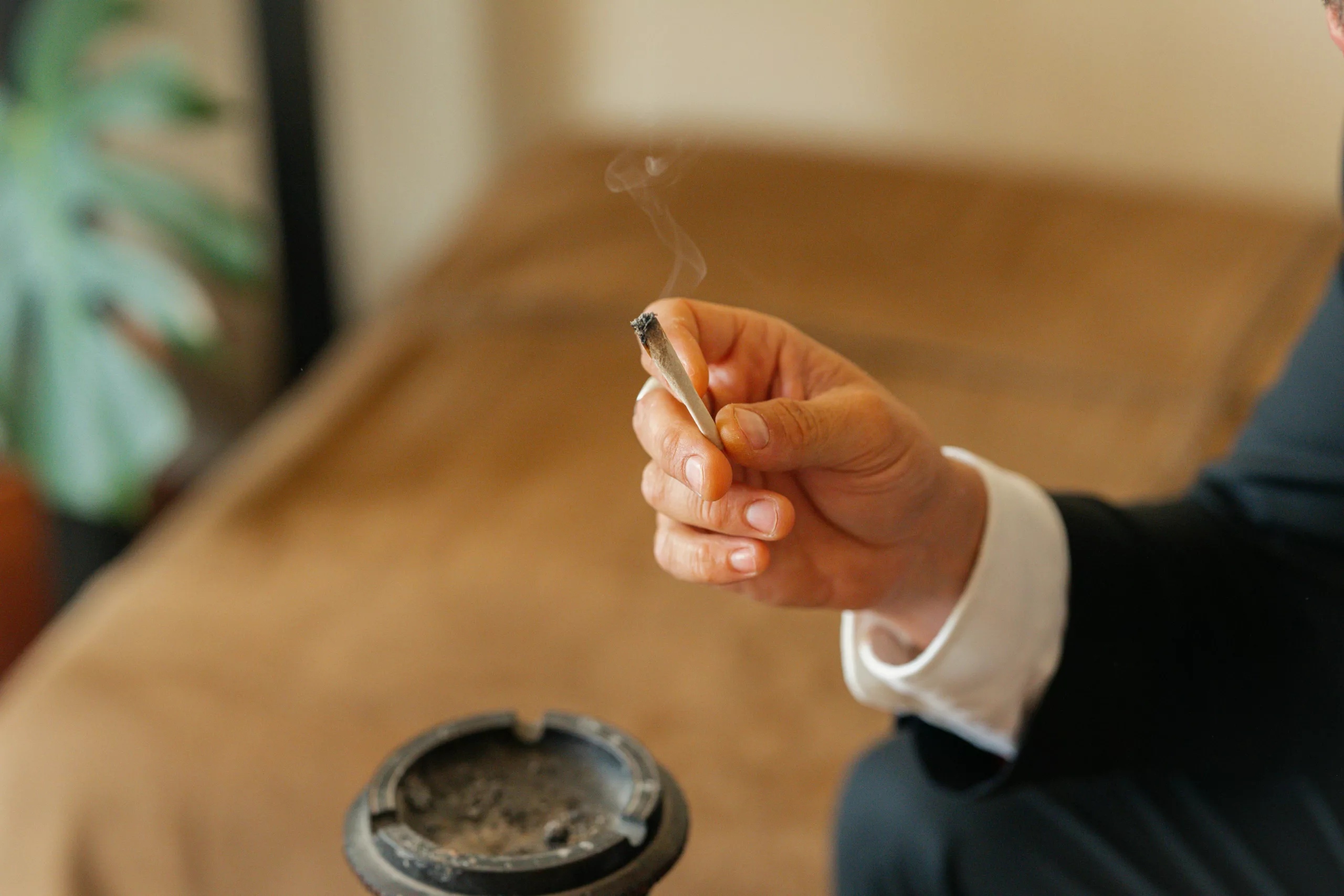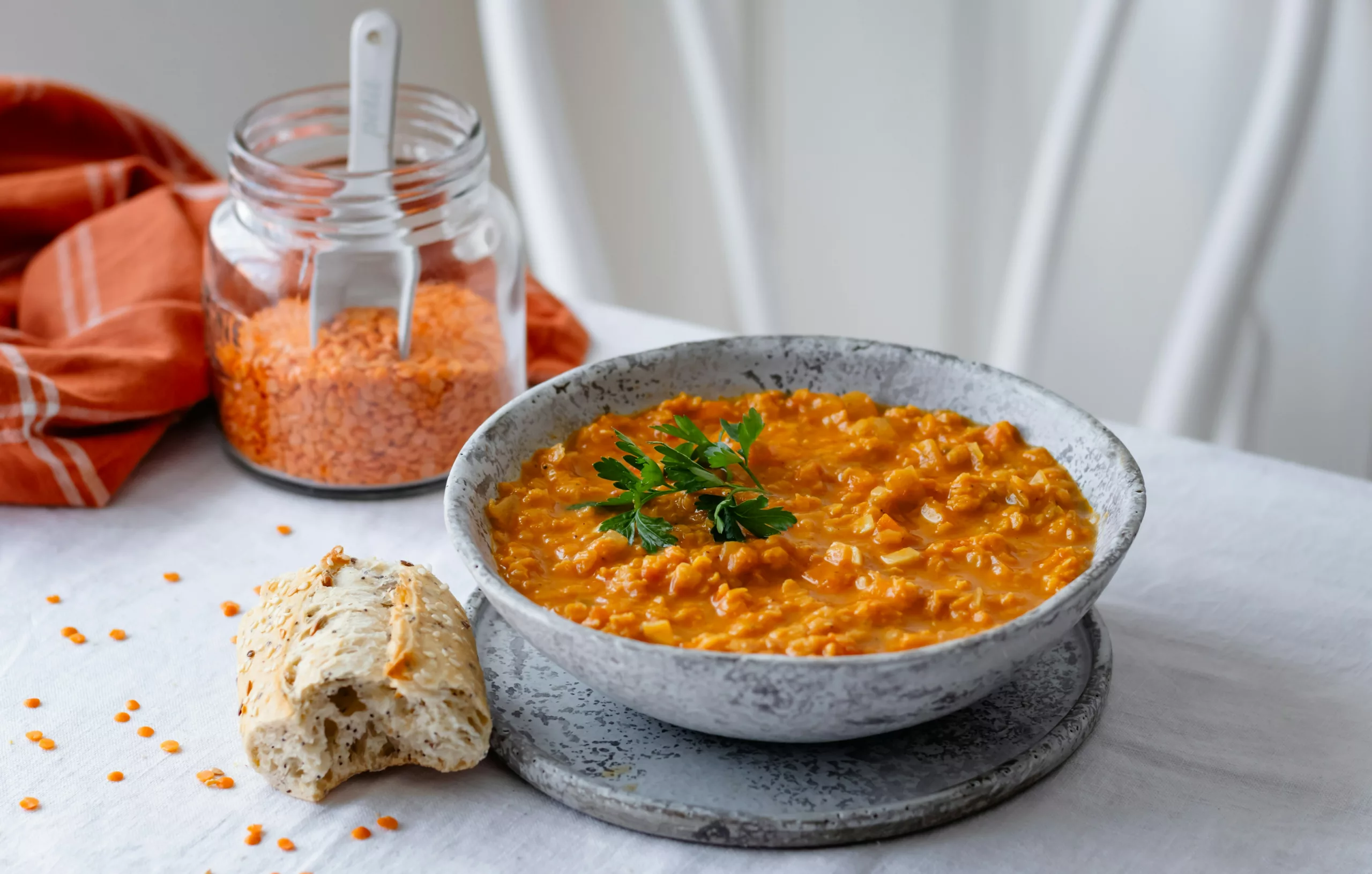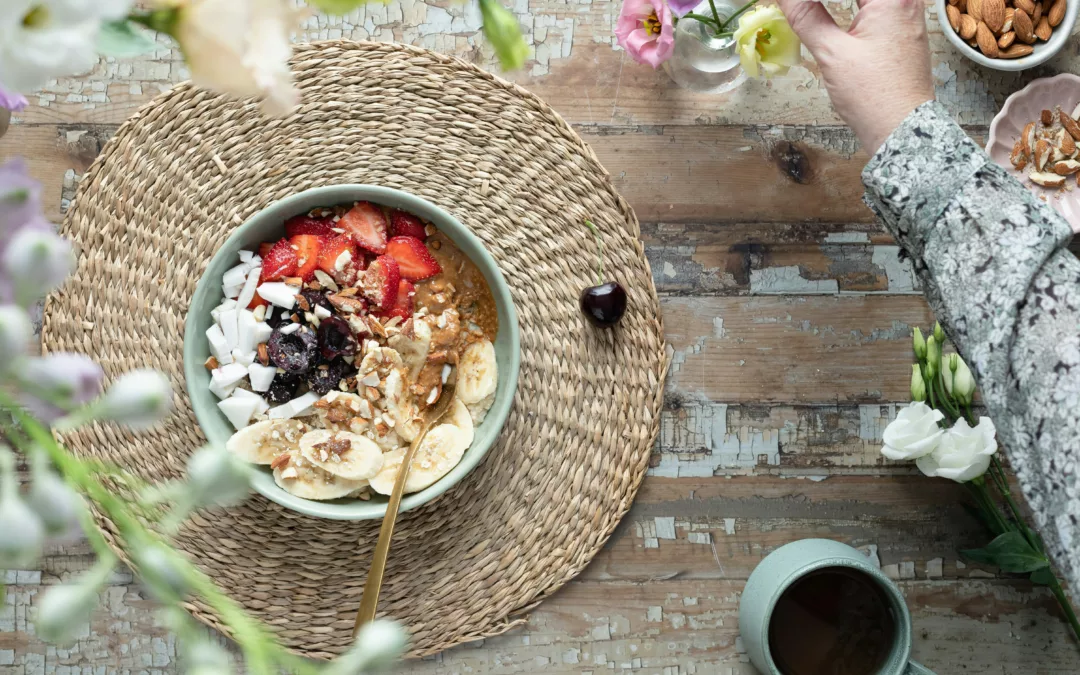Written by Kimberley Gittens, RD on behalf of Rachel McBryan, RD
Your gut plays an important role in supporting your overall health and well-being. It is responsible for breaking down and absorbing nutrients from the food you eat. It also supports your immune system, a healthy heart and brain.
So, when something goes wrong with your gut, there’s no surprise that you might be experiencing effects in other areas of your health.
What Does a Healthy Gut Look Like?
Your gut is home to millions of bacteria. A healthy gut contains a wide variety of bacteria with a delicate balance of different species. A shift in the balance of our gut bacteria can cause digestive symptoms.
Signs of an Unhealthy Gut
Although there is no easy way to test for an unhealthy gut, there are a few signs and symptoms that may suggest your gut is unhealthy, including:
-
- Digestive problems
- Fatigue and/or trouble sleeping
- Altered emotional state, such as low mood, high stress or increased anxiety
- Frequently getting sick
Your doctor can blood tests or stool samples to understand the bacteria found in your GI tract. However, these may not all blood or stool tests provide a detailed insight into the type of species of bacteria living in your gut.
What Can Negatively Impact Your Gut Health
Like many aspects of our health, there are multiple elements that can affect our gut’s health. Some things that can negatively affect your gut health include:
-
- Not getting enough sleep
- Stress
- Smoking
- Alcohol
- Prolonged use of antibiotics
- Diet and nutrition
- Lack of physical activity

Support Your Gut Health
Supporting your gut health doesn’t require expensive supplements. There are many ways to improve your gut health, and many of them are already in your pantry.
Include Prebiotic Fibre
Fibre is a complex carbohydrate found in plant-based foods, while prebiotics are parts of food that are not digested by our gut but instead broken down by bacteria. Prebiotics are an important element in promoting gut health as they support the growth of a variety of beneficial (or “good”) gut bacteria.
Prebiotic fibres include inulin, fructo-oligosaccharides (FOS), and galacto-oligosaccharides (GOS). You can find prebiotic fibres in many foods, including:
-
- Cabbage
- Asparagus
- Garlic
- Onion
- Apples
- Grapefruit
- Wheat
- Oats
- Cashews
- Chickpeas
- Lentils
- Red kidney beans

Get Some Exercise
Studies show that exercise can also be beneficial for your gut health. Exercise can influence the types of bacteria living in your gut, and may reduce inflammation within your gut. Additionally, low-intensity exercises can promote regular bowel movements, which is associated with a decreased risk of colon cancer.
Get Enough Sleep
Quality sleep is a crucial part of our health and well-being. Not only does it help ensure we have enough energy to get through the day, but it also impacts the bacteria living in our gut. Studies show that sleep deprivation can increase the body’s production of both inflammation and stress hormones. Learn more about healthy sleeping patterns here.
Take the Guess Work out of Gut Health
Book a FREE discovery call with a Registered Dietitian to get started!
References
Aidy, S. E., Bolsius, Y. G., Raven, F., & Havekes, R. (2020). A brief period of sleep deprivation leads to subtle changes in mouse gut microbiota. Journal of Sleep Research, 29(6), e12920. https://doi.org/10.1111/jsr.12920
Carlson, J. L., Erickson, J. M., Lloyd, B. B., & Slavin, J. L. (2018). Health Effects and Sources of Prebiotic Dietary Fiber. Current Developments in Nutrition, 2(3). https://doi.org/10.1093/cdn/nzy005
Conlon, M. A., & Bird, A. R. (2015). The Impact of Diet and Lifestyle on Gut Microbiota and Human Health. Nutrients, 7(1), 17–44. https://doi.org/10.3390/nu7010017
Monda, V., Villano, I., Messina, A., Valenzano, A., Esposito, T., Moscatelli, F., Viggiano, A., Cibelli, G., Chieffi, S., Monda, M., & Messina, G. (2017). Exercise Modifies the Gut Microbiota with Positive Health Effects. Oxidative Medicine and Cellular Longevity, 2017. https://doi.org/10.1155/2017/3831972
Slavin, J. (2013). Fiber and Prebiotics: Mechanisms and Health Benefits. Nutrients, 5(4), 1417–1435. https://doi.org/10.3390/nu5041417
Smith, R. P., Easson, C., Lyle, S. M., Kapoor, R., Donnelly, C. P., Davidson, E. J., Parikh, E., Lopez, J. V., & Tartar, J. L. (2019). Gut microbiome diversity is associated with sleep physiology in humans. PLoS ONE, 14(10). https://doi.org/10.1371/journal.pone.0222394
Sun, J., Fang, D., Wang, Z., & Liu, Y. (2023). Sleep Deprivation and Gut Microbiota Dysbiosis: Current Understandings and Implications. International Journal of Molecular Sciences, 24(11). https://doi.org/10.3390/ijms24119603
Kimberley is a Registered Dietitian, licensed in Ontario. She helps clients across Ontario control their blood sugars and reduce their risk of chronic conditions.

